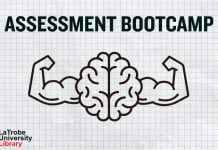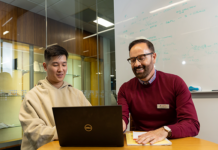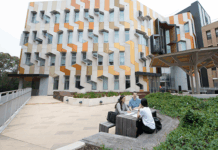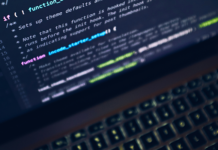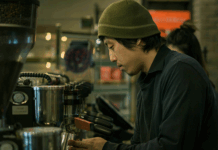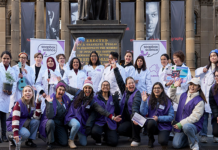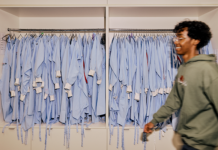This article was written by one of our 2024 interns, Pasindu, in collaboration with La Trobe University
For most of us, it can be hard to get back on track after a blissful break. You might feel like you need a few more hours rest before you start your next assignment or the pre readings for next week’s lecture.
When I have some free time between study and work, I try to get out and connect with nature. This gives me some time out from my busy routine and connect and calm my mind. But the most challenging part of coming back from holidays is getting back in routine. Here are some tips I have found through research and been practicing getting out of the post-holiday slump.
Create a schedule
Creating a visual schedule of the things you need to do helps a lot. I usually do this on my mobile phone as calendar entries which gives out timely notifications. Once you add the location with drive time, it helps you to plan your day effectively making it easy to get back on track with work.
Make your deadlines visual.
The semester planner, either given by LTSU or Student Services, is a great asset for me. I usually hang this up on the wall and mark all the assessment deadlines and other work to be done to be visually appear to me at my desk.
Break tasks into smaller steps.
Break down larger tasks into smaller, more manageable steps. This approach makes tasks seem less daunting and allows for steady progress. Try to make it small and clear as much as you can by writing the task on a smaller sticky note with a sharpie.
Prioritise tasks
Identify the most important tasks that need immediate attention and prioritize them accordingly. Tackling high-priority tasks first can prevent feeling overwhelmed.
Stay organised
For me, a clean and clear desk makes it appealing to start work. Make your workspace appealing for you so that you feel much more relaxed in staying and keep on working.
Practice self-care
Prioritize self-care activities such as exercise, adequate sleep, and healthy eating habits. Taking care of your physical and mental well-being is essential for sustained productivity and academic success.
Reflect and adjust
Periodically reflect on your progress and adjust your approach as needed. Be flexible and willing to adapt your strategies based on what works best for you.
We’re all different, so what works for me, may not always work for you. My top suggestion is to research more and find out what is best for you. What matters is getting out the best of your student life while enjoying and achieving your best. Good luck!

